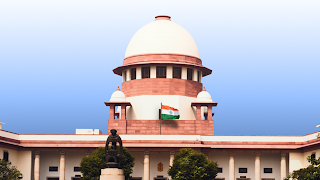Justice Delayed is Justice Denied, Except When the Delay is Unreasonable: Bombay High Court Upholds the Principle of Limitation in Project Affected Person's Reinstatement Claim
.jpg)
The Bombay High Court, in a recent judgment delivered on March 11, 2025, in the matter of Shri Uday Laxman Pawar Versus The Secretary, Urban Development Department and Ors. , 2025:BHC-AS:11480-DB , has reaffirmed the crucial legal principle that unexplained and inordinate delay in approaching the court can be a significant impediment to seeking legal remedies , even in cases involving claims of Project Affected Persons (PAPs) for employment and rehabilitation. The Division Bench, comprising Hon’ble Shri Justice Ravindra V. Ghuge and Hon’ble Shri Justice Ashwin D. Bhobe, decisively dismissed the writ petition filed by Shri Pawar, emphasizing the doctrine of delay and laches as a fundamental bar to the maintainability of his claim. The petitioner, claiming to be a PAP due to the acquisition of his father's agricultural land for a public irrigation scheme in 1975, sought to challenge a 1997 letter and a 2002 resolution by the Chiplun Nagar Parishad (Respondent No. 7) that denied hi...




.jpg)
.jpg)